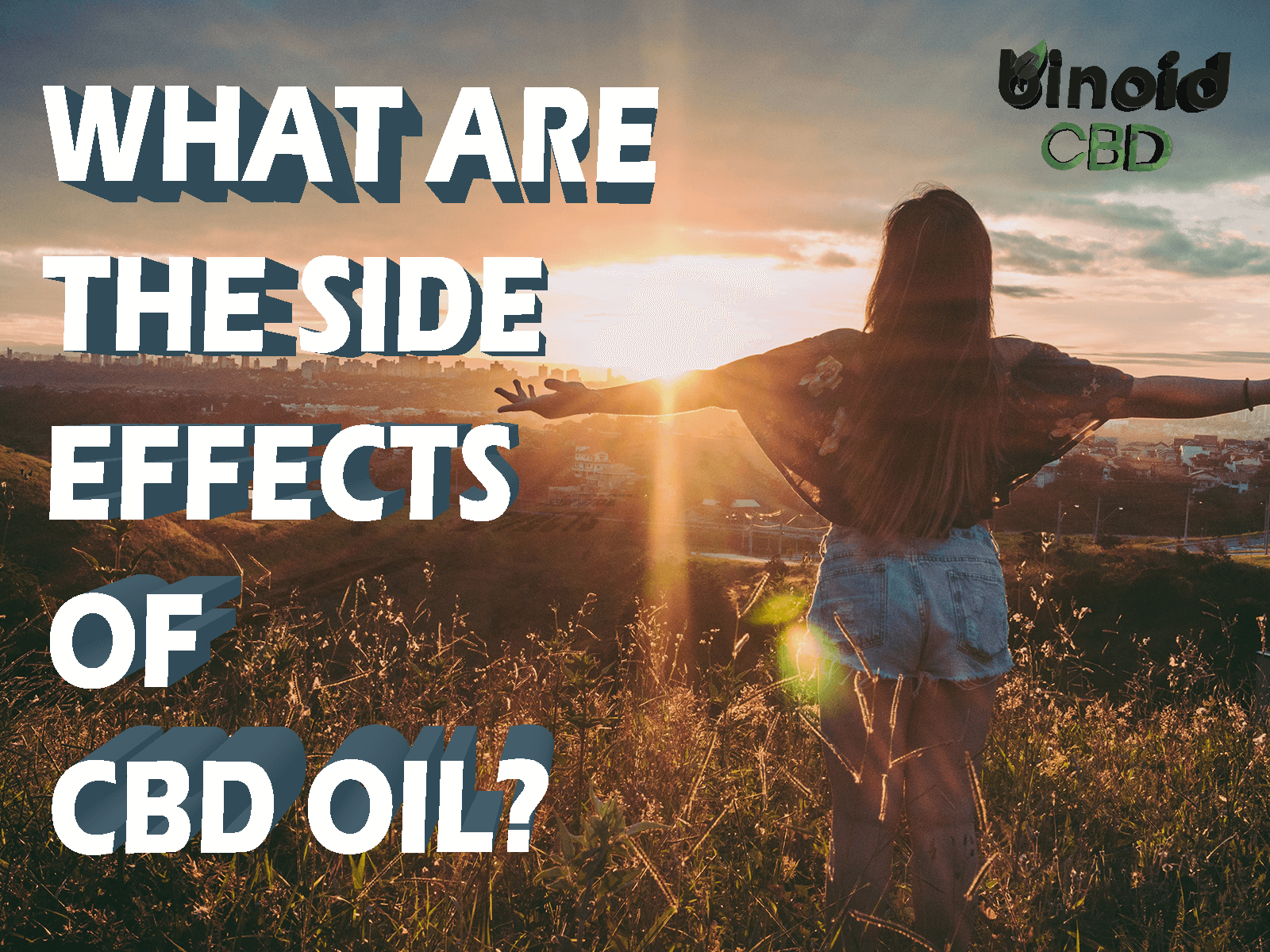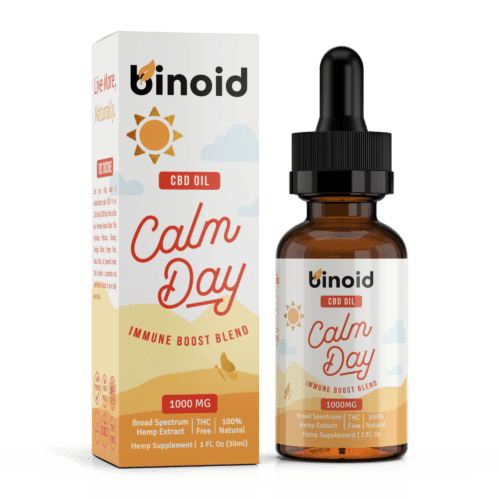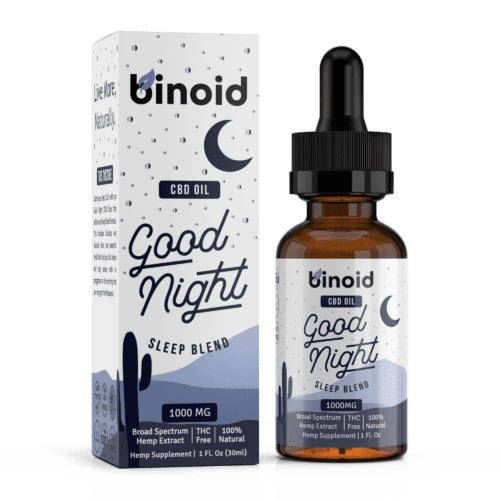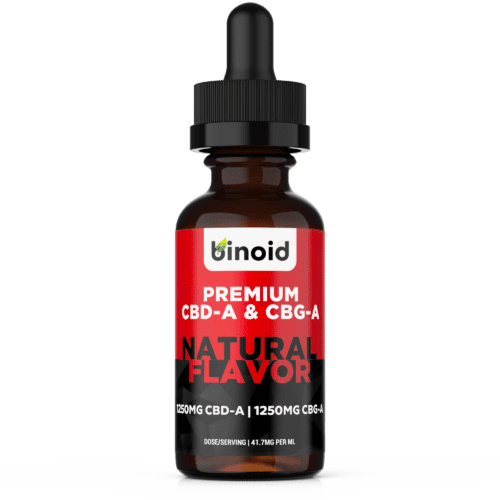What are the side effects of CBD oil?
In this article, we will be outlining the 15 different possible negative side effects of hemp Cannabidiol (CBD) oils, reasons why side effects occur, factors that may influence each side effect, and the best ways to avoid them. Note: For 31 Proven CBD Oil Benefits list click here.
The side effects of CBD can be viewed from two perspectives and with two conclusions. The customer testimonial point of view, versus preliminary studies on people and mice.
Based off of user accounts and partial scientific research, these are 15 possible negative CBD oil side effects. However, each person’s body is unique and may react to CBD differently. Information about the exact negative side effects on CBD are limited. This is due to the infancy and newly recent explosion of the Hemp CBD industry, along with no extreme side effects have been found to this date in general.
In my opinion, it is also due because the side effects are not very complicated at all, and are fairly simple and ordinary. In fact, a CBD research study updated in 2018 found that “One out of every three users reported a nonserious adverse effect…” This finding lines up with the popular consensus is that all cannabis products, CBD, THC or other cannabinoids are extremely safe with little to no major consequences. Especially in comparison to modern medications and treatments.
To Buy CBD Products Click Here
Recommended products
Let’s get into it!
1. Nausea: In studies and customer testimonials, people have found that CBD oil drops cause them stomach discomfort and nausea. Although CBD is designed to help these symptoms specifically. However, this can be caused by sensitive stomachs, using CBD on an empty stomach (not recommended, we suggest taking CBD 30 minutes to one hour after a meal), or due to taste or concentration.
Taking 1000mg of CBD as a first time user may cause Nausea, as this is a decently high amount of CBD. For an upset stomach or Nausea caused by CBD, we recommend and suggest people to decrease their dosage until they feel better, or drink water right after taking the CBD oil to rinse it down. We do not recommend stopping CBD outright, as this could affect effectiveness from consistent use.
2. Dryness of the Mouth: CBD oil drops have sometimes been found to give people dry mouths. Scientific evidence for this is limited, however, there was one study completed in 2006 from a male rat study that found that cannabis cannabinoids affect our endocannabinoid receptors in our brain, inhibiting the CB1 and CB2 that control saliva production. Therefore leading to less saliva produced and a more dry mouth temporarily. Luckily, the solution is easy. Just drink more water than normal, which is also why we suggest drinking a cup of water after taking CBD oil.
3. Dizziness: Dizziness can happen to those who take a higher concentration of CBD, or especially in those who try CBD vape pens. As the absorption rate of pens are 5x faster and can really hit you if you inhale a lot. However, this may be a placebo effect. Real dizziness might actually be caused by a drop in blood pressure. Our suggestion if this happens is to sit down, gain stability back, and snack on some items or drink tea.
4. Drowsiness: Studies and testimonials indicate the possibility of drowsiness from CBD oil. Drowsiness can be a benefit of CBD oil drops depending on someone’s needs. A higher dosage of CBD is known to cause drowsiness, which is why CBD has been used heavily to help with sleep insomnia and those who find it hard to sleep. All this means is take smaller doses of CBD during the day if you are working, driving or doing other possibly dangerous activities. Then take a higher dosage of CBD at night. There are new CBD products being specifically made to help you focus, such as CBD coffees, pre-workout formulas, and vitamin “focus” packets.
5. Change in Mood or Appetite: CBD has had a few cases affecting mood and appetite. This can occur indirectly through the reduction of Anxiety, which can cause people to eat more than usual or act differently. Therefore making people eat less or change their persona. However, CBD can also be found to help increase appetite, but mostly in conjunction with THC products. Our recommendation is to calculate your dosages and be aware of how you act, think or feel throughout the course of using the CBD products.
6. Vomiting: Vomiting is not a well-known side effect of CBD. In fact, a study from 2011 on rats found that cannabinoids can help decrease the need to vomit because of the way it affects the CB 1 receptors. Note, CBD helps Nausea through CB 1 receptors as well. If vomiting does occur, evaluate your entire diet, and think about what you ate 4-6 hours before. If not 24 hours before. There are a lot of variables in why vomiting can be caused, but one may be the fact that CBD is used to reduce the feeling of sickness. Therefore sickness may have caused the vomiting to begin with.
7. Diarrhea: Based off of a few customer testimonials, diarrhea could possibly be an side effect of CBD for those that have weaker stomachs. However, for the average person, this is rare. It is also likely that these people ingested CBD on an empty stomach. CBD oil drops should be taken within the first couple hours before or after eating. The most optimal time to take CBD oil products is 30 minutes to an hour after eating, in order to maximize bioavailability. Which is the absorption rate of CBD into your body. But also to ease digestion for your stomach.
8. Vivid and Dark Dreams: Some people have reported having extremely vivid dreams after ingesting CBD oils. This is likely to be due to one of the benefits of CBD, which is better sleep and increases drowsiness for helping sleep insomnia. Therefore, CBD helps put you in a deeper sleep known as delta sleep, slow wave sleep or N3. By putting you in a deeper sleep dreams can seem more vivid.
On top of that, a few people experience more dark and nightmarish dreams. It has been reported that this usually happens the first or second night people take CBD oils. We do not know exactly why this happens, but it may be due to the mental changes and adjustments CBD provides to your brain. In the rare case this does occur, it should go away quickly without any extra efforts needed.
9. Lack of Effectiveness: Basically the opposite of a side effect, but there have been a few cases reported where people feel no relief from their symptoms at all. This could be due to the lack of consistent use of CBD. This can also be caused by using too little of a dosage of CBD. In our opinion, any CBD oil with less than 500mg falls under this category. We suggest using a higher dosage of CBD, and if CBD benefits still do not occur, the brand product you are using may not be high quality. Or CBD oil simply does not work for you. Which would be a major bummer.
Recommended products
10. Worsened Symptoms from Parkinson’s Disease: Early findings from scientific studies suggest that a high dosage of CBD oil can worsen the symptoms and tremors from Parkinson’s Disease. We highly recommend speaking to your doctor before trying CBD oil for Parkinson’s Disease. Newer research has suggested that CBD oil can be beneficial at lower dosages for this disease, but we highly recommend speaking to a professional first.
11. Headaches and/or Migraines: The possibility that CBD oil itself causes headaches is likely very low. As CBD has been used to help migraines and headaches. However, people that have noticed headaches after using hemp CBD oil is most likely caused by the brand of oil used, the base oil of the tincture, solvents, or overall bad ingredients. We suggest changing brands or using a new CBD oil product to see if the migraines or headaches go away. That said, each person reacts to CBD differently and CBD oils may not be a great fit for you.
12. Liver Problems: This is the most severe problem on this list, and is also one of the newest ones to be identified for CBD and CBD products. As recently stated in the FDA meeting and hearing of CBD, liver issues have been found through multiple different studies and formal pieces of issues. They have identified the cause to be an inhibition or stopping of liver-helping medication, and in reverse promotes worsening liver function. Therefore beware of using CBD oil or any CBD products if you have any type of liver issues.
13. Affect Medications That Have Grapefruit Warnings: This is brand new information that goes along with liver problems that may be caused by CBD. CBD has been found to affect the same medications that have restrictions on grapefruit because it interacts with the same enzymes of the body that grapefruit does. According to Forbes, grapefruit and CBD both contain compounds that bind and basically neutralize enzymes in the gut (CYP450 enzymes), which help destroy and remove the drug from the body.
Because the enzymes are restricted, the drug would enter the liver and flow at higher levels because it is not being removed from the body. This may make a low dosage of the drug to be a very high dosage. CBD is possibly even more dangerous, by binding to enzymes in the liver and gut. It can take a few days for normal enzyme function to return.
Now this only pertains to medications with grapefruit, not on a standard basis of a normal person taking It is very case to case and you should discuss with a doctor if it will affect you similarly.
14. Lower Blood Pressure: In addition to above, CBD may act as a blood thinner, therefore possibly lowering your blood pressure. This can pose a real risk to those taking blood thinning medications. As well, those entering surgery should refrain from taking any CBD for up to a week in advance of any type of surgery. Discuss your use of CBD with your doctor before any surgery.
15. Increased Effectiveness: CBD has been found to increase in effectiveness the longer it is used. The opposite of tolerance. This means that over time, you may not need to take the same MG of CBD to reach the same desired effect. What this also means is over a few months of use, you should decrease your dosage to see if you still feel the same results.
What are some things that affect CBD oil side effects?
The negative side effects of CBD oil drops can be affected by a plethora of things. Including but not limited to age, size (Height/Weight), genetics, metabolism, concentration usage, brand, amount used, diet, and other related variables. The quality of the hemp-derived CBD oil, the specific oil base used, cannabis extraction method, and overall quality of hemp in the ground all make a difference.
Some farms have heavy metals in the hemp soil, which can negatively effect your entire body. Therefore make sure you analyze every brand and ensure they have an image of their Certification of Analysis or Third-Party test results on their product image pages. All the brands Binoid CBD works with have these images on every product image.
Common Side Effects of CBD Questions
Does CBD Get You High?
– No, CBD by itself cannot get you high because CBD is non-psychoactive and is usually extracted by the hemp plant. The hemp plant contains very little THC, the ingredient that gets you high.
Is CBD bad with other drugs or pills?
– Before we get into the answer to this question, consult your doctor or a medical practitioner before using CBD in combination with medications. From the most general point of view, CBD does not make a large difference with many over-the-counter medications. That said, high dosages of CBD has been found to affect some medications. Thus, it important for you to consult a professional before adding CBD to your daily routine. Some medications, drugs or pills might not work well with CBD. We believe this is rare, but every person has different circumstances.
Can I use or take too much CBD oil?
– A big NO, you cannot overdose or take too much CBD oil. That is simply because in the end of it CBD oil comes from a plant. But in terms of facts, there have been zero reported CBD related deaths. So stop worrying, CBD is very safe for you to ingest. Additionally, animals cannot overdose from CBD either. Dogs, cats, horses, small animals alike cannot take too much CBD oil. Our suggestion is to start at a small dosage, and slowly increase dosage and strength until you reach an optimal amount that works for you.
Conclusion
These possible negative CBD side effects can be seen as mild compared to many if not most medical treatments or drugs, such as opiates. This is what makes CBD so powerful as a possible solution to many conditions. From as minor to stubbed toes, to extreme conditions such as cancer, tumors, and seizures, CBD has the possibility to help these cases based off of customer evidence.
The current data suggest that CBD could be extremely useful for all types of symptoms or issues, and that the benefits completely outweigh the possible negative side effects. However, this data is not statistically significant, or conclusive enough to make a medical diagnosis or claim about treatment. But it is a start to learning more about a new compound that could be at the forefront of future innovations.
As it is now, hemp-based CBD was recently just approved in the first pharmaceutical drug treatment for seizures using cannabis. Steps and progress like this gives excitement for the future CBD helping many intense symptoms like arthritis, migraines, cancer pains, seizures, and plenty more.
For our best CBD oil solutions, click here. And use the coupon code TRYBINOID15 for 15% off our Water Soluble Wellness Drops on our store! Thank you for completing the article, if you have any questions or comments please post below.
Disclaimer: The statements made on this page have not been evaluated by the U.S. Food and Drug Administration (FDA). They are not intended to diagnose, cure or prevent any disease. If a condition persists, please contact your physician or healthcare provider. The information provided is not a substitute for a face-to-face consultation with a healthcare provider, and should not be construed as medical advice.







Comments are closed.